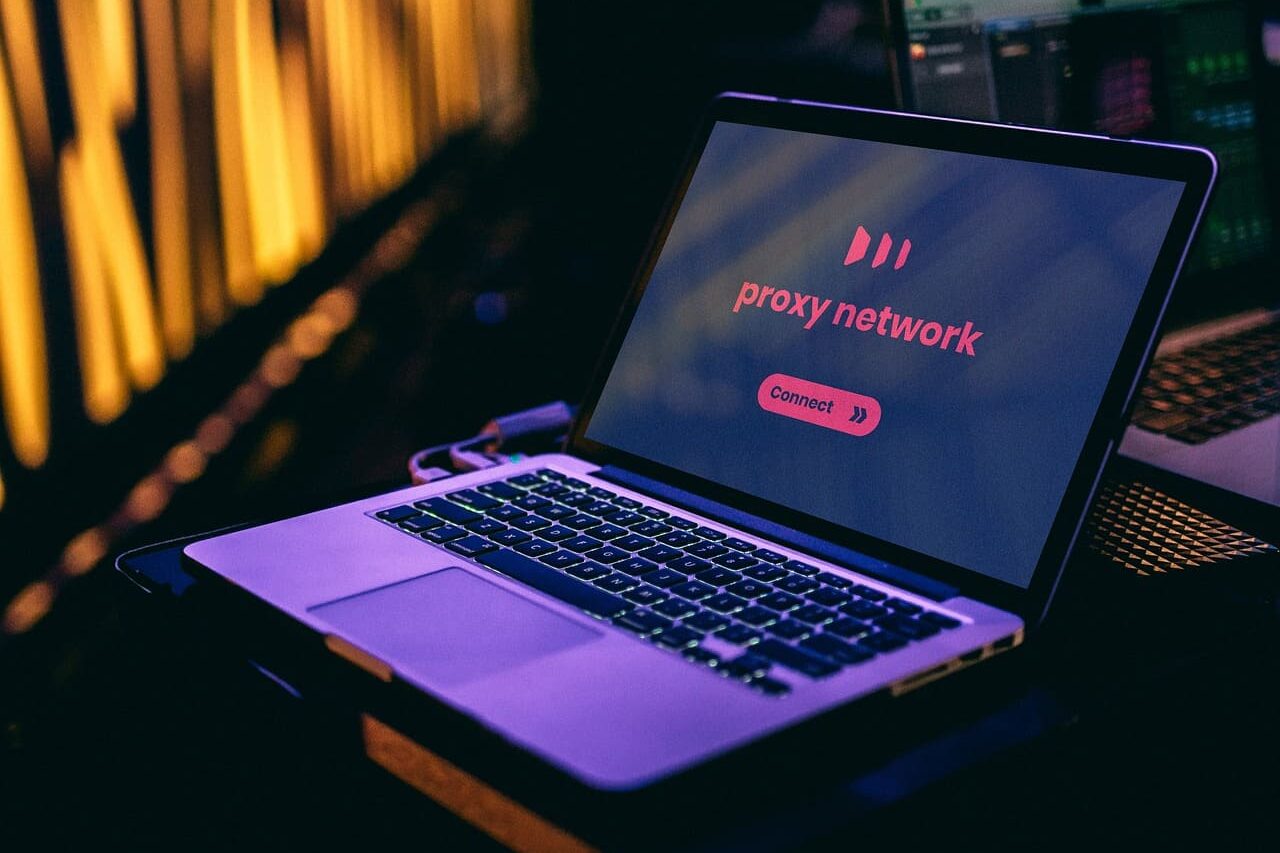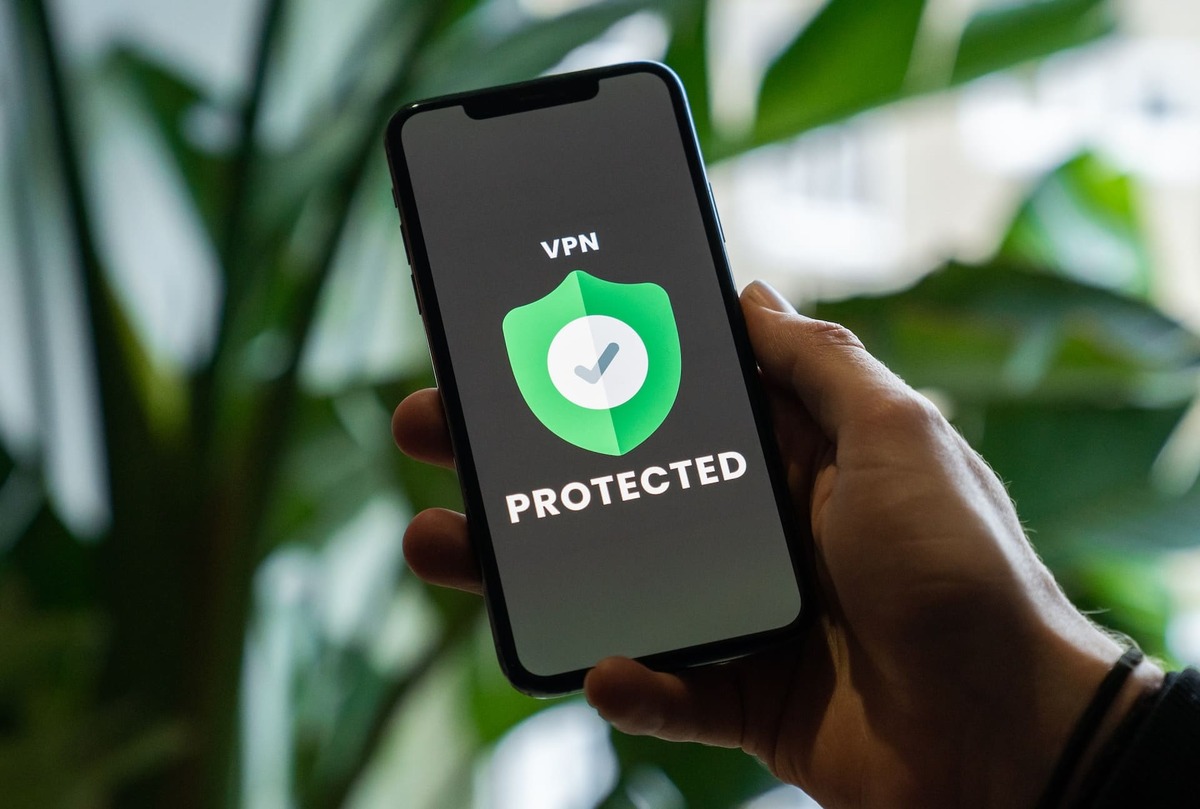
Modern gamers face a growing number of restrictions. These include regional blocks, high game prices in certain countries, ping issues, and the threat of DDoS attacks. Proxies for gaming are becoming an effective solution to these issues, allowing you to bypass geographical barriers, optimize your network connection, and protect your personal data. According to research conducted in 2025, a properly configured gaming proxy can reduce latency by 10-30% and provide access to content that is unavailable in your region.
When choosing a proxy server for gaming, consider the platform and specific tasks. PlayStation and Xbox consoles have built-in support for proxy connections, but with certain limitations. Steam and other PC launchers provide users with more flexibility in settings, but require technical knowledge.
Why do you need proxy servers for console and PC games?
Modern gamers face a variety of challenges. A proxy server for online games can help with many of them:
- The main function is to bypass geo-restrictions. This gives you access to projects that are blocked in your region. For example, many Japanese exclusives or special versions are not available in other countries. By using a proxy for games, you can connect to a server in the desired country and access the content you want.
- Economic benefits are another important reason for using proxies. The difference in game prices between regions can reach 200-300%. A game that costs $60 in the US may be sold for the equivalent of $20-30 in Brazil or Turkey. Proxies for Steam allow you to buy games cheaper, but in this case, it is important to remember the risks of violating the user agreement.
- Protection against DDoS attacks is also very important for streamers and e-sports players. Proxies for online games hide your real IP address, making targeted attacks on your home connection impossible. This is relevant for games with peer-to-peer architecture, where players’ IP addresses are visible to other participants in the session.
Optimizing the network route through a proxy can significantly reduce ping. If a direct connection to the game server goes through congested nodes, fast proxies for games can lay a more efficient route, reducing latency by 20-40 ms.
Basic requirements for gaming proxies
The technical characteristics of gaming proxies differ significantly from the requirements for regular web proxies. Let’s look at the key parameters that determine the quality of the gaming experience.
Speed and stability
Connection speed is a critical parameter for comfortable gaming. The minimum requirements are 25-30 Mbps for download and 3-5 Mbps for upload for most modern games. However, for MMO projects with a large number of players on the screen, a speed of 50 Mbps or higher is recommended. Reliable proxies for consoles should provide stable speeds without sudden drops during peak hours.
Ping is a more important indicator than bandwidth. For first-person shooters, a latency of less than 50 ms is critical, and ideal values are in the range of 10-20 ms. MOBA games are comfortable to play with a ping of up to 60 ms, while MMORPGs are tolerant of delays of up to 150 ms. Exceeding these values leads to noticeable lag, desynchronization, and losses in critical situations.
Connection stability is no less important than absolute speed indicators. The uptime of high-quality gaming proxies should be at least 99.5%, which corresponds to no more than 3.6 hours of downtime per month. Jitter (delay fluctuations) should not exceed 5-10 ms to ensure smooth gameplay.
Support for the necessary protocols (HTTP, SOCKS5)
The choice between HTTP and SOCKS5 protocols determines the functionality and performance of proxies in games. HTTP proxies for Steam only work with TCP traffic and operate at the application layer of the OSI model (Layer 7). This means additional data processing and, as a result, an increase in latency of 10-30 ms compared to a direct connection.
SOCKS5 is a more versatile solution for gamers. Operating at the session layer (Layer 5), this protocol supports both TCP and UDP traffic, which is critical for gaming. Most modern projects use UDP to transmit data about player positions, actions, and other latency-sensitive elements. SOCKS5 does not analyze packet content, which reduces processing latency to a minimum.
Platform compatibility varies. PlayStation and Xbox only natively support HTTP proxies. This reduces optimization capabilities. To use SOCKS5 on consoles, you need to set up an intermediate PC with software such as CCProxy. Steam and other PC launchers support both protocols but require additional configuration to work through a proxy.
Geolocation and platform compatibility
The geographical location of the proxy server determines not only access to regional content but also connection quality. To minimize ping, the optimal proxy location is on a direct route between you and the game server. Every 1,000 km adds approximately 10-15 ms to the round-trip time due to physical limitations of the speed of light in fiber optics.
Compatibility with gaming platforms requires consideration of specific features. Proxies for PlayStation must support IP authorization without a login and password, as Sony consoles do not provide an interface for entering credentials. Proxies for Xbox have similar limitations. In addition, there are differences between console generations – Xbox One has limited proxy support, which is highly dependent on the firmware version.
To bypass regional restrictions, you need to choose proxies in specific countries. US proxies are good for early access to releases, Turkey and Brazil are good for bargain purchases, and Japan is good for exclusive content. Most providers offer servers in 50-100+ countries with the option to select a specific city.

The best types of proxies for online gaming
Different types of proxies have their own unique advantages for gamers. Let’s take a look at the best solutions for each platform.
Proxies for PlayStation and PSN
Proxies for PS have specific requirements due to the architectural features of Sony consoles. PlayStation 4 and PlayStation 5 only support HTTP proxies with IP authorization, which significantly limits the choice of providers. Resident proxies show the best results for working with PSN, as they use the IP addresses of real Internet providers and are rarely blocked.
To access regional PSN stores, static residential proxies in the target country are recommended. They provide a permanent IP address, which is important for maintaining the regional binding of the account. The speed of such proxies is usually 50-100 Mbps, which is more than enough for downloading games and comfortable online gaming.
Mobile proxies are a premium option for PlayStation. In this case, the IP addresses of mobile operators are used, so this type of proxy is almost never blocked by gaming platforms. With the development of 5G networks, the latency of mobile proxies has decreased to 10-20 ms, making them suitable even for ping-sensitive games. The cost is higher – $30-50 per gigabyte – but for critical tasks, it is a worthwhile investment.
Proxies for Xbox and Xbox Live
Proxies for Xbox Live require a special approach due to Microsoft’s enhanced security measures. The company actively combats the use of proxies and VPNs to bypass regional restrictions, so proxy quality becomes critically important. Data center options, despite their excellent speed, are easily detected and blocked by the system.
The optimal choice for Xbox is ISP proxies – an intermediate option between residential and data center proxies. They use IP addresses allocated by Internet service providers to business customers. This provides a balance between speed (100-1000 Mbps) and the level of trust from Xbox Live. The latency is usually 20-40 ms, depending on the distance to the server.
For multiplayer games on Xbox, UPnP support and the ability to forward ports through a proxy are important. Not all providers offer this functionality, which can lead to problems with NAT type and the inability to connect to certain game sessions. Before purchasing, be sure to check the port configuration options.
Proxies for Steam and other launchers
Steam proxies are extremely flexible in terms of configuration. Steam supports both HTTP and SOCKS5 proxies, but requires the -tcp parameter to be run for proper operation through a proxy. Epic Games Store, Origin, and Battle.net have similar capabilities, although the configuration may differ.
There are special requirements for Steam proxies. SOCKS5 proxies are ideal for PC gaming because they support UDP traffic. This is critical for games that use UDP to transmit data about player positioning and actions. High-quality SOCKS5 proxies add only 5-15 ms to the base latency. In most games, this is practically imperceptible.
The choice of proxy depends on the task. Data center proxies provide maximum speed for downloading games (up to 1 Gbit/s). Residential proxies allow you to bypass regional restrictions when making purchases. Mobile proxies are good for maximum anonymity when streaming or participating in e-sports tournaments.
Examples of proxy use on popular platforms
Practical proxy configuration requires an understanding of the specifics of each platform. Let’s take a look at detailed instructions for the main gaming systems.
Configuring a proxy in Steam
Configuring a Steam proxy begins with modifying the launch parameters. Right-click on the Steam shortcut, select “Properties,” and add the parameter -tcp to the launch line. This switches Steam to use the TCP protocol instead of the standard UDP.
To configure the proxy globally in Windows, go to “Settings.” Select “Network & Internet,” then “Proxy.” Enable “Use a proxy server” and enter the appropriate address and port. For SOCKS5 proxies, you will need third-party software:
- Proxifier ($39.95) – provides the best compatibility with games.
- ProxyCap ($30) – has a simple and intuitive interface;
- free Proximodo – suitable for basic tasks.
Linux users can configure the proxy via environment variables: export http_proxy=”http://proxy-server:port” and export https_proxy=”http://proxy-server:port”. For SOCKS5, use proxychains with the configuration in /etc/proxychains.conf. Proxychains Steam routes all traffic through the specified proxy.
Using a proxy on PS5 and PS4
The setup process is the same on both PS4 and PS5. In the settings, find “Configure Internet Connection.” Select Wi-Fi or LAN, and the “Custom” configuration mode. In the “IP Address Settings” step, select “Automatic,” for the “DHCP Host Name” option, click “Do not specify,” and for the “DNS Settings” item, select “Automatic.”
Next, select “Proxy Server.” Click “Use” and fill in the information: IP address and port. PlayStation does not support login/password authentication, so the IP must be on the provider’s ‘white’ list. To configure MTU, leave the “Automatic” option selected. The final step in the setup is to “Check Internet Connection.”
During proxy setup, common errors may occur – NW-31247-7 (incorrect proxy settings) and CE-33992-6 (connection timeout). Check that the IP and port are correct, make sure the proxy server is active, and confirm that your IP has been added to the whitelist. Detailed instructions on how to configure a proxy on PS4 and PS5 will help you avoid common errors.
Proxy to bypass restrictions on Xbox
Using a proxy will help prevent regional blocking. Another advantage is that exclusive content becomes available to you. On Xbox Series X/S, the configuration is performed as follows:
Go to Settings – Network – Network settings – Advanced settings.
Select “IP Settings.”
Switch the mode from “Automatic” to “Manual”.
In the proxy server section, enter the required IP address and port.
Xbox One has limited proxy support depending on the system software version. An alternative method is to configure a proxy at the router level or use a PC as a gateway. The Internet Connection Sharing program in Windows allows you to share a connection with a configured proxy to the console via an Ethernet cable.
To bypass Xbox Game Pass regional restrictions, we recommend using a residential proxy in the target country. This allows you to access games that are only available in certain regions and take advantage of regional subscription prices. Important: Frequent region changes may result in temporary account suspension.

How to choose reliable and fast proxies for gaming?
The right choice of proxy provider determines the quality of the gaming experience. Let’s look at the key selection criteria.
What to look for when buying?
The reputation of the provider is of paramount importance. Study reviews on independent platforms, pay attention to the company’s time on the market (preferably more than 3 years) and the presence of well-known clients. Fast Steam proxies must provide an SLA (Service Level Agreement) with an uptime guarantee of at least 99.5%.
The provider should have a large number of locations (at least 20-30 countries), channel bandwidth of at least 100 Mbps per user, support for the necessary protocols, and the ability to choose static IPs. The availability of an API for automating proxy changes is an additional plus for advanced users.
The pricing policy should be transparent, with no hidden fees. Beware of offers that are too cheap. Look for providers with flexible rates, a trial period, or a money-back guarantee.
Speed and anonymity check
Before you start using them, make sure to test the proxies you bought. Use specialized tools to check the speed. Speedtest.net will show the overall bandwidth, and gameserverping.com will show the ping to specific game servers. Optimal indicators: ping – less than 50 ms, download speed – more than 50 Mbit/s, jitter – less than 5 ms.
You can check the speed and anonymity of proxies using specialized services. A high-quality checker will determine the real geolocation, proxy type (resident/data center), blacklisting, and anonymity level. For gaming purposes, you need Elite-level proxies. They completely hide the fact that they are being used.
You can perform additional tests – check for WebRTC leaks (they can reveal your real IP even when using a proxy), DNS leaks, and connection stability under load. Start downloading a large file and play at the same time — the ping should not increase significantly. Check performance at different times of the day. High-quality proxies maintain performance even during peak hours.
Where can you buy gaming proxies with high speed and stability?
Choosing a reliable proxy provider for online gaming requires analyzing a variety of factors. LTESocks stands out in the market thanks to its specialization in high-speed solutions for gamers. We are talking about premium 5G mobile proxies with minimal latency.
We offer servers in over 100 countries with the option to select a specific city, guaranteed speeds of 100 Mbps on all plans, and support for both HTTP and SOCKS5 protocols with UDP relay for gaming. Plus, we provide round-the-clock Russian-language support to help you set up your proxy on any platform.
Pricing plans and geo-accessible proxies include flexible options: from $5 per gigabyte for residential proxies to $50 per month for a dedicated server with unlimited traffic. New customers can enjoy a 24-hour trial period with a full refund. Thanks to integration with popular payment systems and cryptocurrencies, you can pay for our services from any country.
Conclusion: Which proxies are right for you?
Choosing the optimal proxy server for gaming depends on your priorities and gaming habits. For esports players and shooter enthusiasts, minimal latency is critical—choose data center proxies with a ping of less than 20 ms, located at the shortest distance from the game servers. At $2-5 per IP, they are an affordable solution for improving ping.
For gamers seeking access to regional content and bargain purchases, residential proxies are the best option. They are more expensive, costing $8-15 per GB, but they provide reliable bypassing of blocks and minimal risk of account bans. For working with PlayStation and Xbox, this is practically the only reliable option due to console restrictions.
In addition to all of the above, security is important for professional streamers and public gaming personalities. Mobile proxies with dynamic IP rotation provide maximum protection against DDoS attacks and attempts at de-anonymization. The cost of $30-50 per GB is justified to protect your reputation and the stability of your streams.
Beginners are advised to start with universal residential proxies in the mid-price segment. They will provide a balance between performance, reliability, and cost. As you gain experience and understand your specific needs, you can move on to specialized solutions. Competent technical support will help you purchase a proxy server with optimal characteristics.









